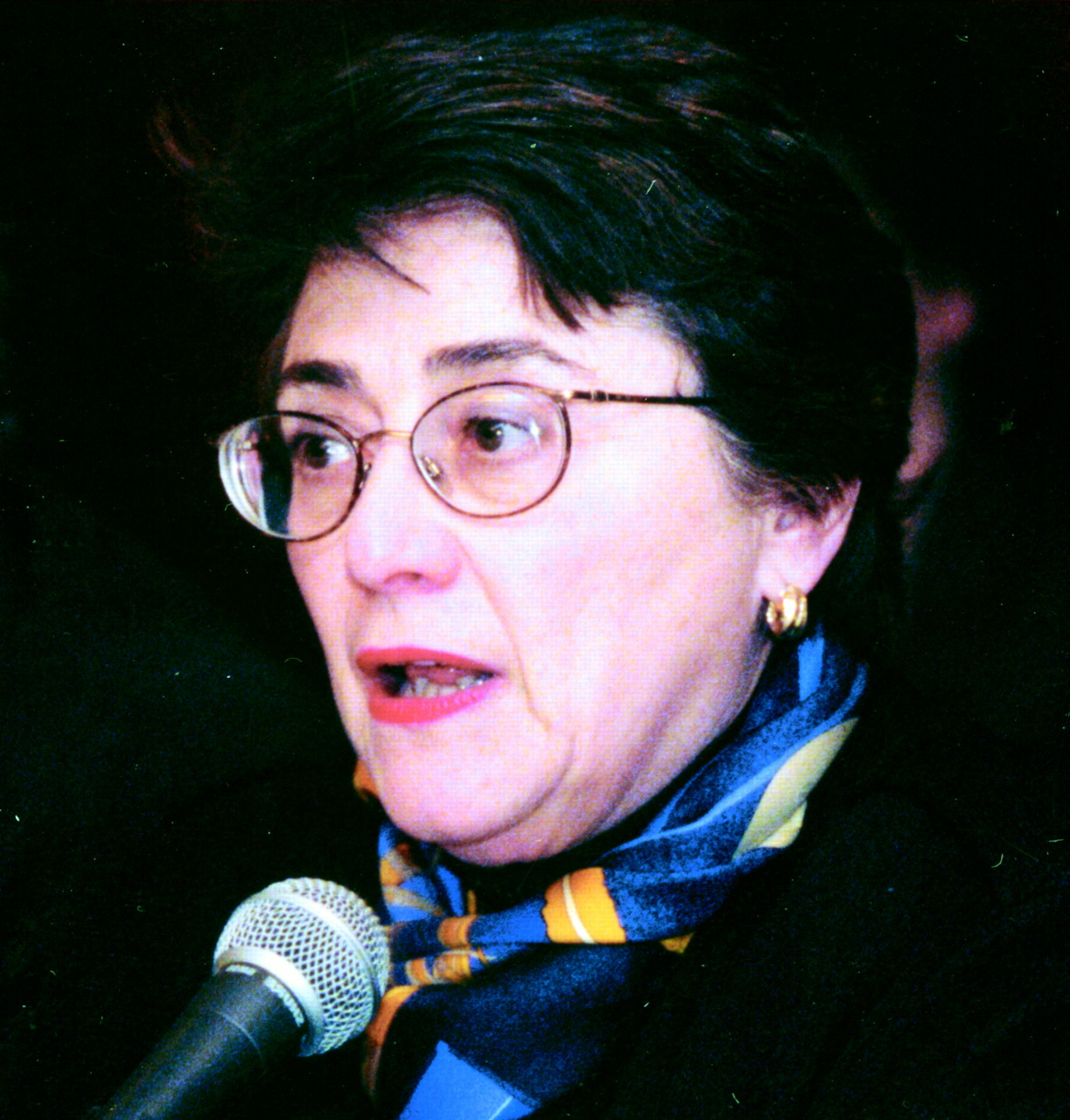Acknowledging that carveouts in the private sector have done more harm than good for psychiatric patients, the APA Board of Trustees agreed last month to go on record opposing all mental health private sector carveouts. The Assembly had passed at its November meeting an identical statement, which it had referred to the Board for approval.
At its October meeting the Board had rejected an earlier Assembly proposal that APA condemn all carveouts. The Board decided instead, in light of observations that some public sector carveouts had in fact increased access for poorer people who need mental health care, to go on record in opposition to “discriminatory” carveouts (Psychiatric News, November 17, 2000).
The Assembly came back with the proposal to condemn all private sector carveouts, maintaining that the use of the term “discriminatory” is an oxymoron, because carveouts inherently discriminate against psychiatric patients.
In addition, the Trustees noted the American Medical Association’s (AMA) positive response to the Minnesota Medical Association’s statement on discriminatory carveouts (
see story above).
The Trustees also voted to have APA support the legal recognition of same-sex unions and their associated legal rights, benefits, and responsibilities. The Assembly had already endorsed this statement.
The statement originated with the Committee on Gay, Lesbian, and Bisexual Issues. According to committee chair Jack Drescher, M.D., APA has “historically supported equity, parity, and nondiscrimination issues affecting mental health. Educating the public about lesbian and gay relationships and supporting efforts to establish same-sex legal unions is consistent with APA’s advocacy for other disadvantaged and minority groups.”
Drescher noted that every state with the exception of Vermont denies same-sex partners the important benefits and responsibilities of legal marriage.
“Same sex couples therefore experience several kinds of state-sanctioned discrimination that affects the stability of their relationships” and clearly makes this an issue with considerable mental health impact, he said.
For example, the children of gay or lesbian parents lack the same protections that children of heterosexual couples are afforded. Divorced gay or lesbian parents may not be granted custody of their own children, and gay people may not be allowed to become the legal parent of adoptive children because lawmakers and courts in many jurisdictions deem them unfit for the task of being parents, according to Drescher.
The Trustees discussed the likelihood that some APA members would disagree with the statement and discussed possible changes. However, some Board members pointed out that the statement was approved overwhelmingly by the Assembly last November after being reviewed by several components with expertise in this area. They also noted that further refining the statement would most likely not satisfy its critics and result in another lengthy review process.
After considerable discussion, the statement was approved unanimously.
Other Actions
In other actions, the Trustees approved
• a balanced APA operating budget for 2001, with $50 million in revenue and $50 million for expenses.
• a policy to impose more oversight of requests from committees and other APA components to hold meetings that do not coincide with the Fall Component Meetings or the APA annual meeting. This was done in part as a cost-saving measure. The new meeting policy states that there must be a clearly identified need for meetings to be held outside of these two times, and the Joint Reference Committee has been charged with working with components to minimize the costs of these meetings.
• additional items with regard to APA’s reorganization as a 501(c)(6) business organization, which went into effect earlier this month. Prior to this APA had been a 501(c)(3) charitable organization. Under its new framework, APA will now be able to increase its advocacy efforts on behalf of psychiatric patients and share revenue with district branches for their advocacy efforts and other initiatives.
• the charter to create the Audit Committee, made up of four Trustees (the treasurer, who chairs the committee, the chair of the Finance and Budget Committee, and two Trustees to be appointed by the president-elect), and the medical director. The committee will help the Board fulfill its fiduciary responsibilities by ensuring that appropriate internal controls and accounting policies and procedures are established in addition to other responsibilities.
• the development of an online membership directory.
• a waiver of the $25 dues medical students pay to belong to APA. This will give them free online access to the American Journal of Psychiatry and Psychiatric News. Medical students will also have the option of subscribing to the hard-copy versions of these publications for a one-time fee of $25.
• the authorization of $35,000 for APA to purchase an electronic membership management system from the Maryland Psychiatric Society and to modify it to connect with APA’s Office of Membership. The Board authorized setting up a pilot program with approximately four or five district branches to test the system.
• the reappointment of James P. Krajeski, M.D., as editor in chief of Psychiatric News for a five-year term. Krajeski was initially appointed editor in chief for a three-year term in 1998.
• the advancement of 134 APA members from the general member category to the fellowship category. Their names will be published in a future issue.
• the recommendation of the Membership Committee that Eric Kandel, M.D., be given the status of Distinguished Fellow. Kandel is a winner of the 2000 Nobel Prize in Medicine. ▪

